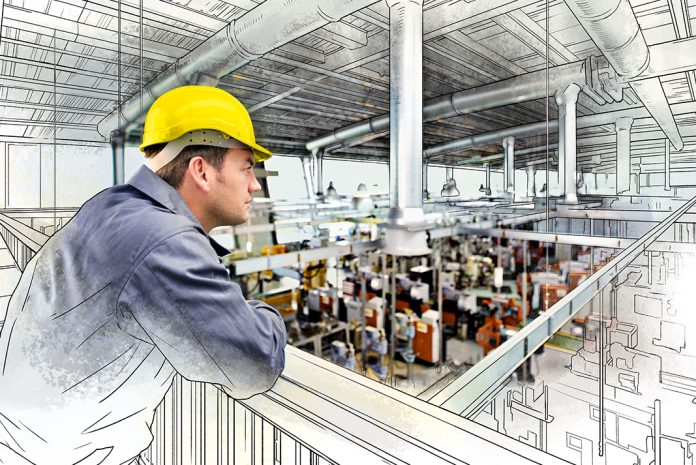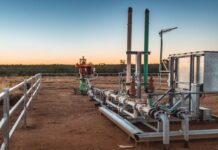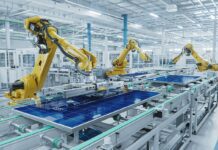
Sponsored Content byCommBank
While there is no doubt the current health pandemic has had an impact on many Australian manufacturers, the inaugural CommBank Manufacturing Insights report suggests the sector is on the precipice of a new growth phase.
According to the report, over the next 12 months 58 per cent of all manufacturers expect revenue to rise, while 53 per cent expect to see an increase in profits, and 42 per cent are set to increase their headcount relative to the past two years.
Further, the report found more than 80 per cent of all Australian manufacturers had adapted well to the challenges and opportunities that arose as a result of the pandemic – with that figure jumping to 98 per cent when looking at just the largest manufacturers.
“It is pleasing to see that most manufacturers adapted well to the persistent supply chain disruptions, rising operating costs and labour shortages, and now expect higher revenues and profit in the year ahead,” Mark Couter, Executive General Manager of Commercial Banking at CBA said.
“To capture these growth opportunities, manufacturers are prioritising investment in their people, supply chain efficiencies, and technology. The vast majority also agreed that sustainable manufacturing is crucial to business strategy.”
Paul Fowler, Executive General Manager of Regional and Agribusiness at CBA said: “Our regional manufacturers invested in new equipment and technologies, expanding their product range, and worked closely with suppliers and partners to ensure their supply chain efficiency.
“In agriculture, we’ve seen increased demand for Energy Efficient Equipment Finance, particularly tractors, with growth in this space exceeding 12 per cent in the past 6 months as many farmers think about ways to enhance their productivity and equipment efficiency.
“It’s also encouraging to see sustainability initiatives running ahead of schedule and the industry identifying opportunities to make a more positive impact across the supply chain. But, with many yet to tackle emissions and set clear targets, it shows there is plenty more to be done.”
While there is more to be done by manufacturers in the sustainability space, the report did find that, on the whole, manufacturers are progressing faster than expected across 14 of the 17 sustainability initiatives examined by the research. Among the most widely adopted sustainability initiatives are: increasing workplace safety and wellbeing (55 per cent), a culture that promotes diversity and inclusion (53 per cent), followed by waste reduction (50 per cent), and package reduction and recycling (49 per cent).
While many manufacturers have plans to reduce their emissions and carbon footprint, 38 per cent have actually taken action. Of these manufacturers, 45 per cent have an emissions reductions target.
Lastly, the report found Australian manufacturers consider new technology to be one of the three ‘top growth drivers’. According to the report, 67 per cent of manufacturers had already increased their investment in technology during the pandemic, with 72 per cent now planning to expand technology budgets in the next 12 months.
Indeed, ‘emerging technologies’ feature prominently on manufacturers’ strategies to drive productivity and financial performance. Across all the manufacturers surveyed, 42 per cent plan to adopt intelligent automation, while 37 per cent will introduce digital data/advanced analytics, and 39 per cent are set to embrace artificial intelligence.
CommBank Manufacturing Insights report
About the CommBank Manufacturing Insights report
CommBank Manufacturing Insights is an exclusive, wide-ranging analysis of Australian manufacturers. This edition examines how manufacturers are emerging from the pandemic, their progress towards digital transformation, and adoption of sustainability initiatives. It is based on an online quantitative survey conducted by ACA Research on behalf of the Commonwealth Bank in January 2022 and was completed by 300 key influencers or decision-makers from Australia’s manufacturing industry.



















